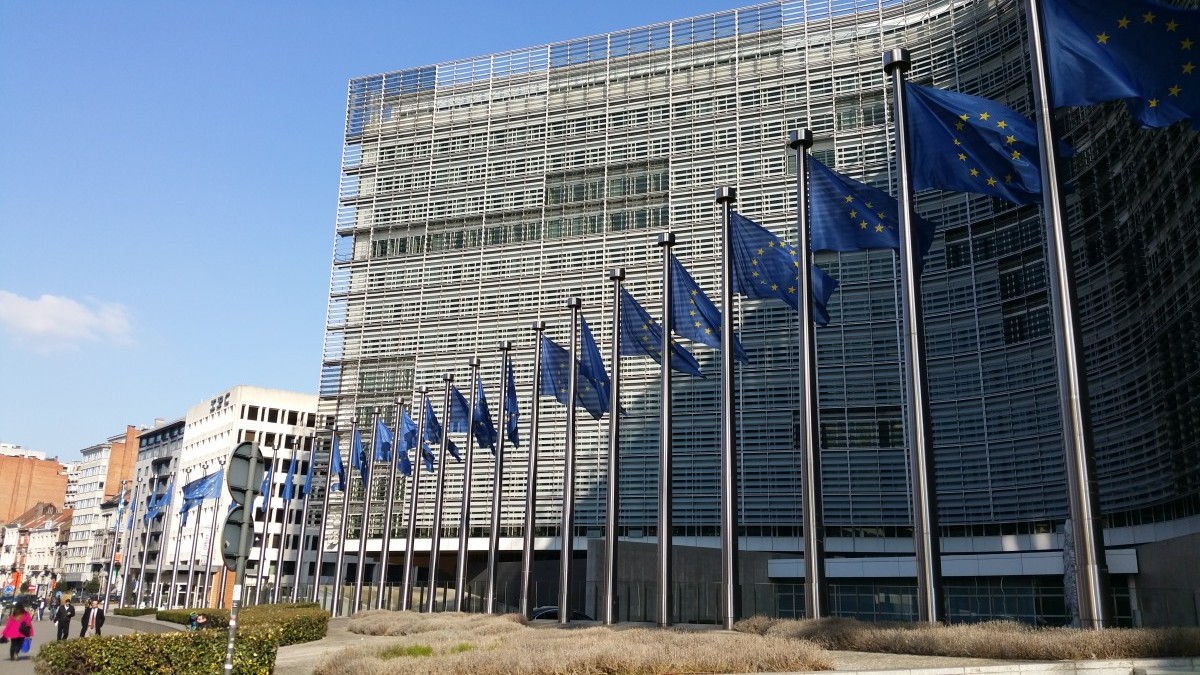 The European Parliament (EP) has dealt a blow to the Digital Single Market (DSM) by rejecting most of the European Commission’s SatCab regulation.
The European Parliament (EP) has dealt a blow to the Digital Single Market (DSM) by rejecting most of the European Commission’s SatCab regulation.
In a statement, it says it is now ready to start talks with the (European) Council as soon as EU governments have agreed their own negotiating position.
Listing the key issues, the EP adds: “The new rules aim to respond to the growing demand of online TV and radio by making it easier for broadcasters to make their news and current affairs programmes available online also in other EU countries by simplifying the process of clearing copyright.”
Currently, broadcasters have to clear copyright in a very short time-frame for each and every country in which they make news and current affairs programmes available online. With the new rules, they would only need to clear the rights in their own country. Copyright clearance would also be simplified for operators who offer subscription packages.
However, MEPs stress that it is important geo-blocking will remain possible if the rights-holder and the broadcaster agree to include it in their contracts.
As previously reported by Broadband TV News, in November 2016 the European Council agreed a draft regulation to ban unjustified geo-blocking of content between member states.
Then in May this year, the EP approved measures allowing the portability of online content. However, this was limited to online services which viewers have paid for in their home country and did not include cross-border reception of satellite-delivered services.
Last month, the EU’s Legal Committee bowed to pressure from broadcasters on the geo-blocking of streaming services.
In an early response to the EP’s decision, Nicola Frank, the EBU Head of European Affairs, said: “The SatCab regulation was originally devised to enhance the circulation of content in Europe and enable both consumers and Europe’s audiovisual sector to reap the benefits of the DSM. Today’s vote (on December 12) goes against these intentions, maintaining a fragmented European audiovisual market and turning down enhanced access to European culture for citizens.”
She added: “We salute the European Commission for taking a brave step to submit this proposal and respond to the expectations of citizens and consumers. The procedure is not over and we hope that upcoming milestones in the adoption of this regulation will lead to a better outcome.”